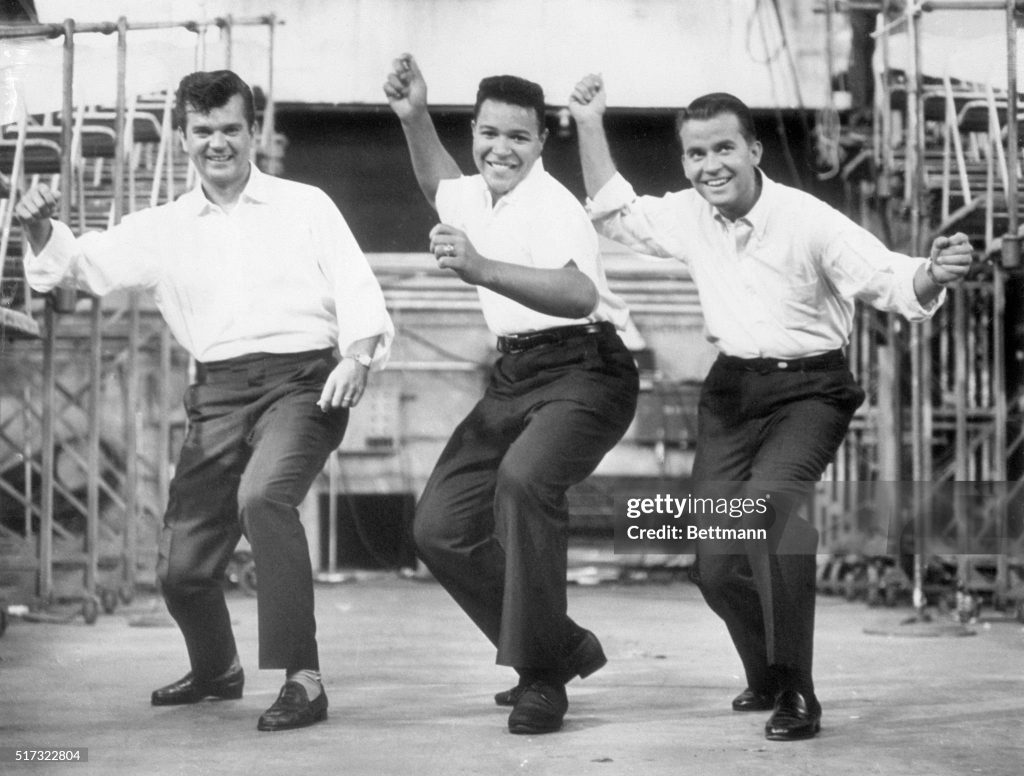
A Timeless Ode to Enigmatic Beauty
In the annals of country music, few voices have resonated as deeply and as poignantly as that of Conway Twitty. His rendition of “Mona Lisa,” a song originally popularized by Nat King Cole, stands as a testament to his ability to breathe new life into classics, infusing them with a distinct flavor that is both nostalgic and refreshing. Released in 1959, this track was part of Twitty’s album “Saturday Night with Conway Twitty,” marking a period where he was transitioning from rock and roll to the heartfelt strains of country music that would define much of his career.
When “Mona Lisa” first graced the airwaves, it captured the imagination of many, securing its place in the charts with notable success. The song didn’t just ride the waves of popularity; it carved its own niche, reaching impressive positions on various music charts. It was an era where music was more than just sound; it was an experience—a journey into stories told through melody and lyrics.
At its core, “Mona Lisa” is an exploration of mystery and allure. The song draws inspiration from Leonardo da Vinci’s iconic painting, which has long captivated art enthusiasts with its enigmatic smile and timeless beauty. Twitty’s interpretation transforms this visual art into an auditory experience, allowing listeners to feel the mystique and wonder that the Mona Lisa herself evokes. His voice carries a warmth and sincerity that beckons listeners into a world where beauty is both celebrated and questioned—a duality that has intrigued audiences for centuries.
The story behind Twitty’s rendition is one of artistic evolution. Known initially for his rockabilly hits like “It’s Only Make Believe,” Twitty’s decision to cover “Mona Lisa” signaled his willingness to embrace different musical styles and broaden his artistic horizons. This transition was not merely a change in genre but a deepening of his musical expression, showcasing his versatility as an artist capable of interpreting songs with profound emotional depth.
For many older listeners, Twitty’s version of “Mona Lisa” is more than just a song; it’s a time capsule. It transports them back to days when life seemed simpler yet full of promise—a time when the airwaves were filled with voices that spoke directly to the heart. The song’s gentle rhythm and poignant lyrics evoke memories of dances under starlit skies and quiet moments spent pondering life’s mysteries.
The meaning behind “Mona Lisa” extends beyond its surface appeal. It speaks to the universal human experience of seeking understanding in the midst of ambiguity. The Mona Lisa’s smile has been interpreted in countless ways, much like how we try to decipher the complexities within our own lives and relationships. In this way, the song becomes a mirror reflecting our own quests for meaning amidst life’s uncertainties.
Twitty’s delivery is marked by its emotive power, inviting listeners to not only hear but feel every nuance of the song’s message. His voice wraps around each lyric with tenderness, making it easy for audiences to lose themselves in the story being told. This ability to connect so intimately is what has endeared Twitty to generations of fans who find solace and connection in his music.
As we listen to “Mona Lisa” today, it’s impossible not to feel a sense of nostalgia for an era where music served as both entertainment and companion. For those who lived through these times, each note is imbued with memories—of youth, love, dreams, and even heartaches—all tied together by Twitty’s unforgettable voice.
In conclusion, Conway Twitty’s “Mona Lisa” remains a poignant reminder of music’s power to transcend time and space. It invites listeners into a world where art and emotion intertwine seamlessly, leaving an indelible mark on all who encounter it. Whether you’re revisiting this classic or discovering it anew, there’s no denying its enduring charm and significance in the tapestry of American music history.